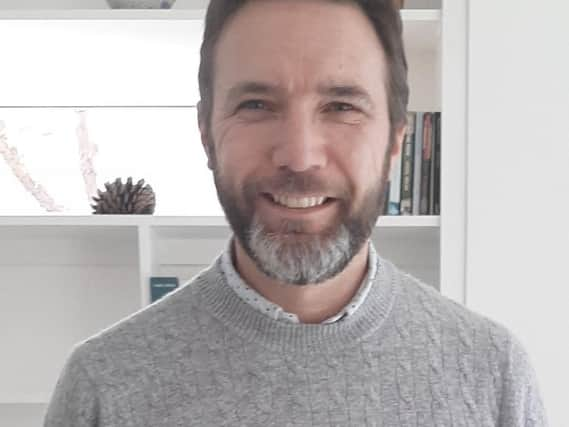Leyland scientist wins prestigious Royal Society of Chemistry Award


Based at the University of Manchester, Professor Procter won the award for the development of new methods in the synthesis and use of heterocycles in the areas of radical and organosulfur chemistry.
After receiving the award, Professor Procter said: “It is an honour to receive the Royal Society of Chemistry’s 2020 Charles Rees Award and to be associated with one of the greats in heterocyclic chemistry. I have been lucky to lead a team of talented research students, postdoctoral co-workers, and academic collaborators and I would like to thank them for their impressive contributions and for their friendship.”
Advertisement
Hide AdAdvertisement
Hide AdProfessor Procter, who is the university’s Head of the Department of Chemistry, holds a BSc and PhD in Chemistry. In recognition of his achievements, he also receives £2,000 and a medal.
Professor Procter’s work is focused on the introduction and exploitation of new concepts in synthesis and catalysis for the efficient construction of valuable molecules. Much of their work involves the synthesis and application of heterocycles – vital components in molecules and of great societal importance in the application of drugs, agrochemicals, electronic materials, and polymers.
Dr Helen Pain, acting chief executive of the Royal Society of Chemistry said: “We live in an era of tremendous global challenges, with the need for science recognised now more so than ever – so it is important to recognise those behind the scenes who are making significant contributions towards improving the world we live in. It is our honour and privilege to do that with these awards, which recognise exceptional scientific achievement.
“In recognising the work of Professor Procter, we are also recognising the important contribution this incredible network of scientists makes to improving our lives every day.”